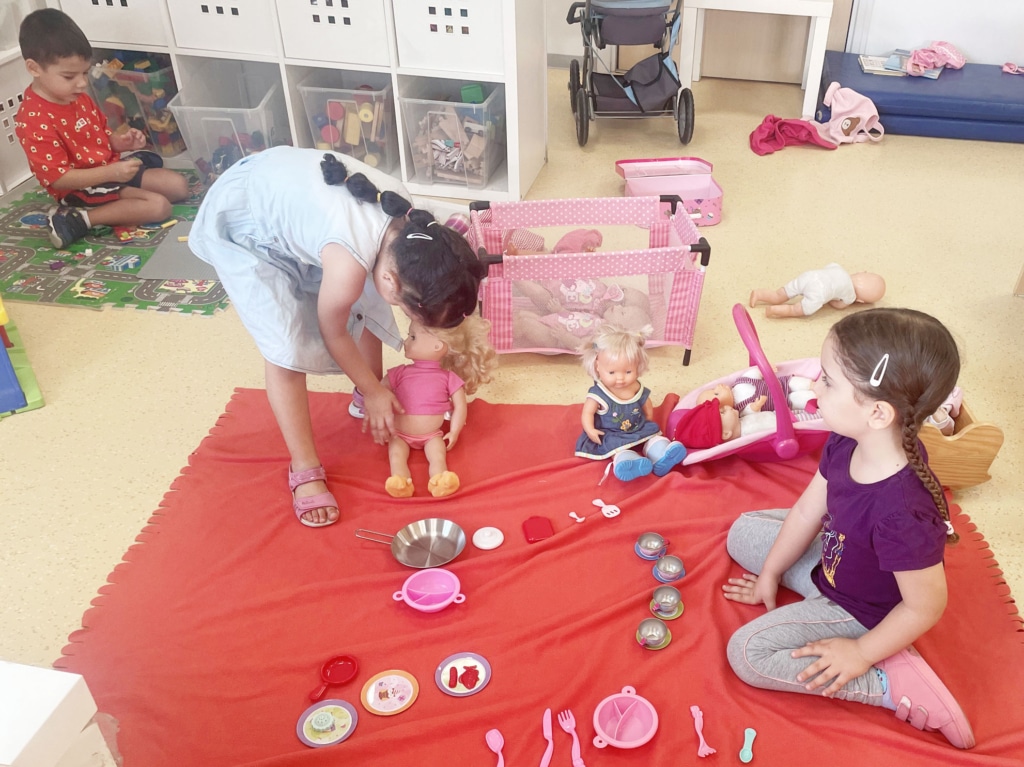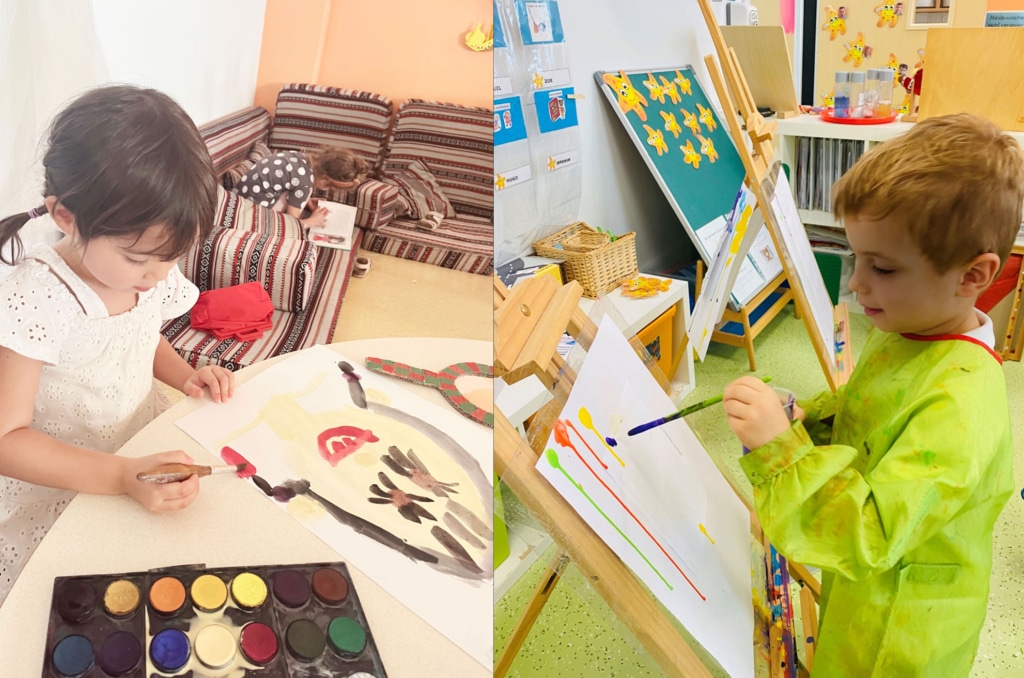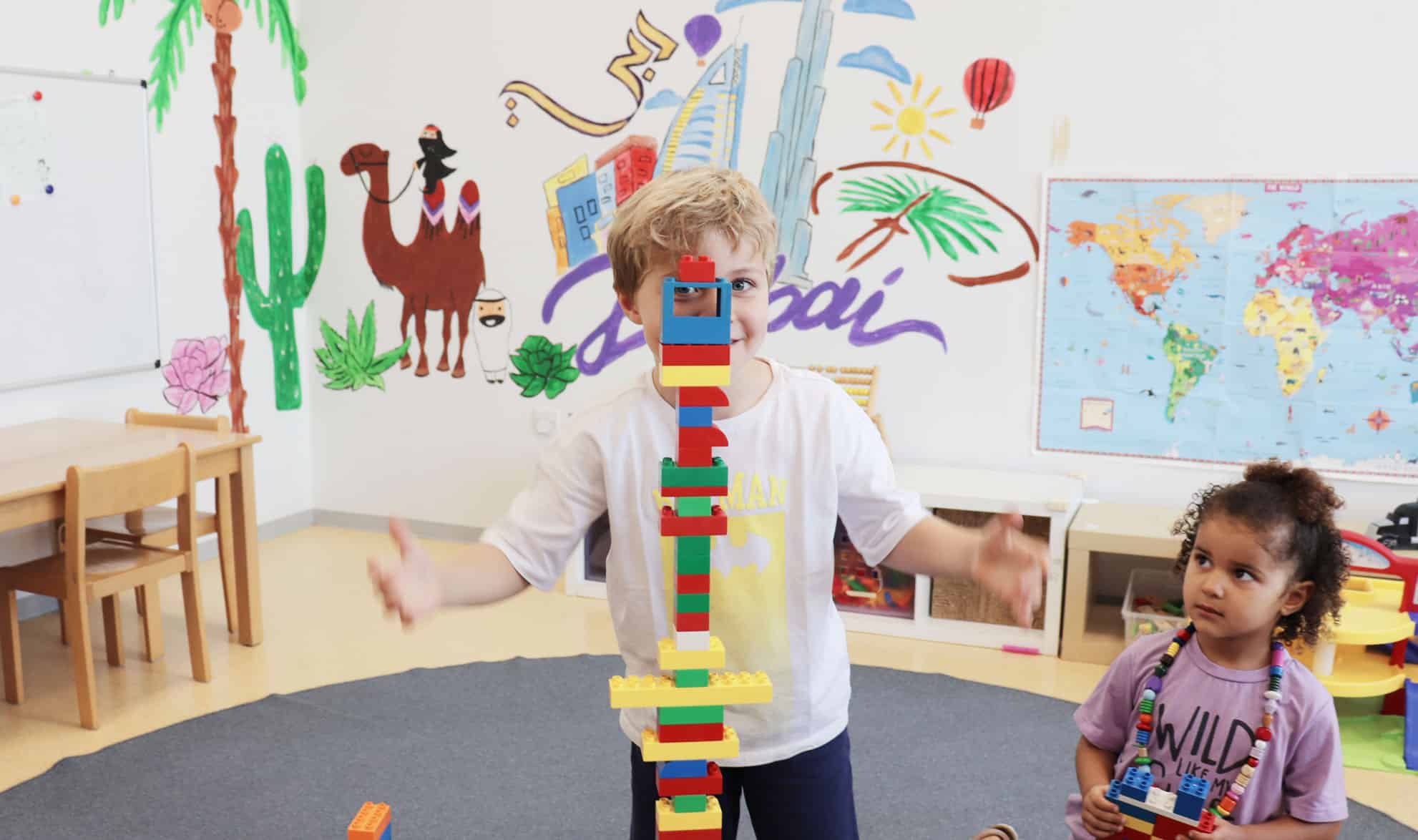
Kindergarten concept and educational areas
Our pedagogical concept:
- The interests and needs of our children are the focus of the pedagogical team.
- We promote stable educational and learning processes. The children should be able to develop and try things out in a trusting atmosphere.
- Every family, every child is equally valued and accepted with its individual, social and cultural differences.
- We see children as personalities who carry their development potential within themselves. We see our task as giving the children impulses, incentives and support so that they can develop knowledge, skills and abilities independently.
- We take children seriously with all their questions and interests. We promote the learning of independence and personal responsibility, and motivate children to get involved, to express their opinions openly and to treat each other with respect.
- Cooperation with parents is very important to us. We treat parents with respect and partnership, because they are the experts of their children.
- Each family is taken seriously and supported with its individual interests, needs and special circumstances.
Our educational areas
Our work is based on the Thuringian educational plan. In addition to the basic educational principles, this plan contains seven educational areas, which we would like to present to you here using some examples from our kindergarten. The educational areas are interrelated and complement each other. The educational areas are not only reflected in individual pedagogical offers, but they are evident during all activities of the kindergarten's everyday life.
1. linguistic and written language education
With our pedagogical offers, we work every day to ensure that children enjoy books, language, writing, and ultimately reading. With us, the children gain many positive experiences in dealing with books and writing in general, so that they develop their joy of (pre-)reading and their love of books. In this way, we ensure one of the most important basic prerequisites for a successful school career.
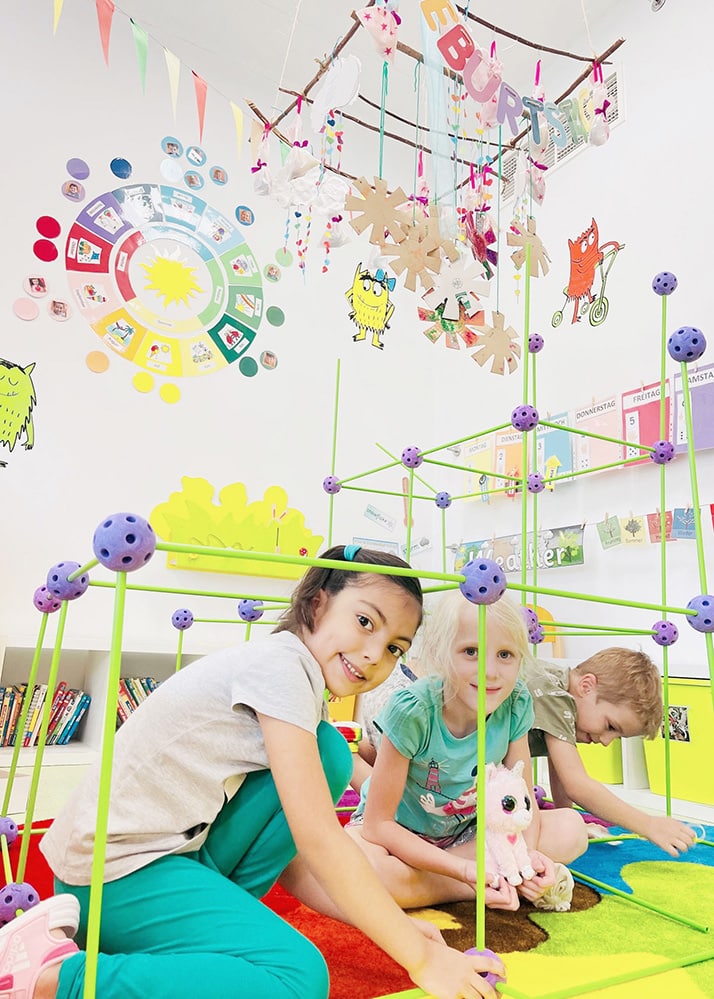
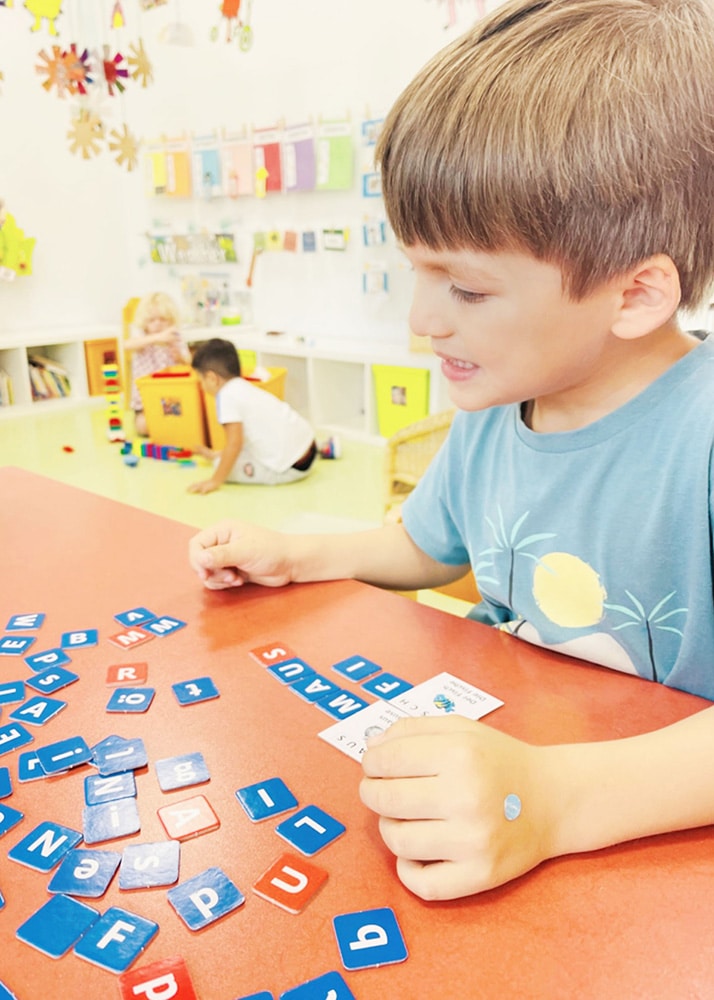
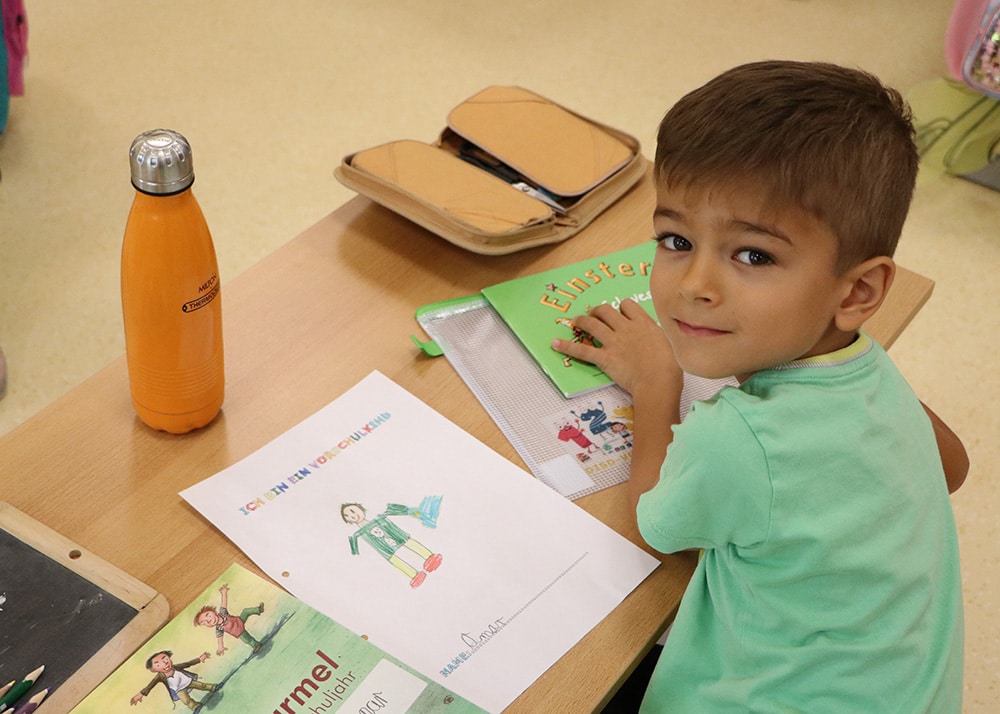
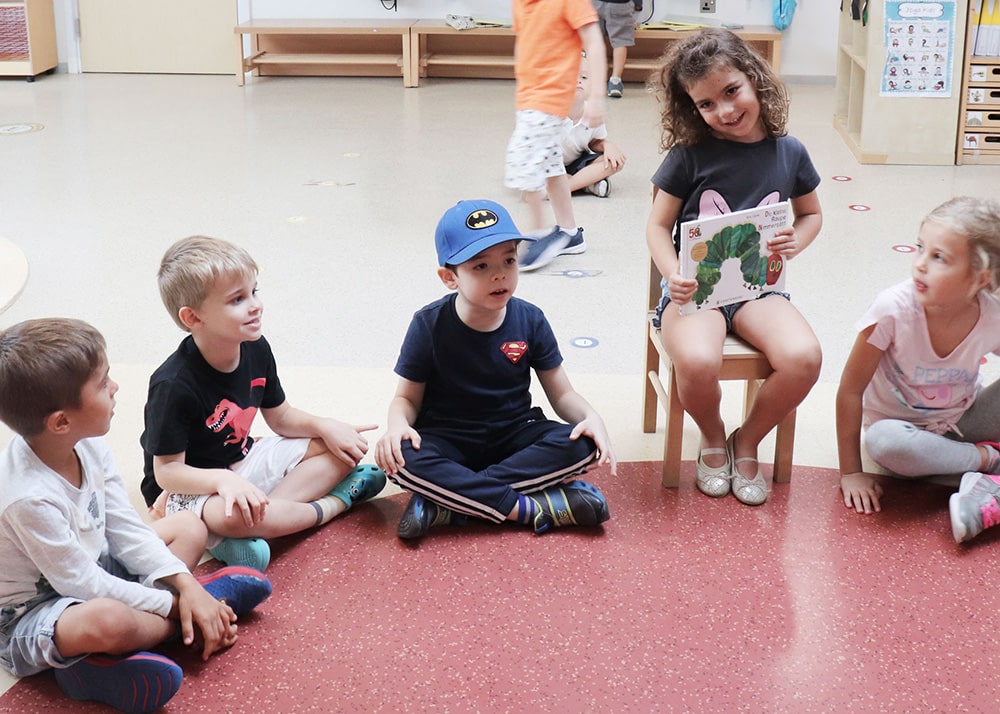
2. motor and health education
At the kindergarten, we attach great importance to maintaining and promoting the children's joy of movement. This is because children explore and understand their environment through motor actions. Whether it is making social contacts or building a tower.
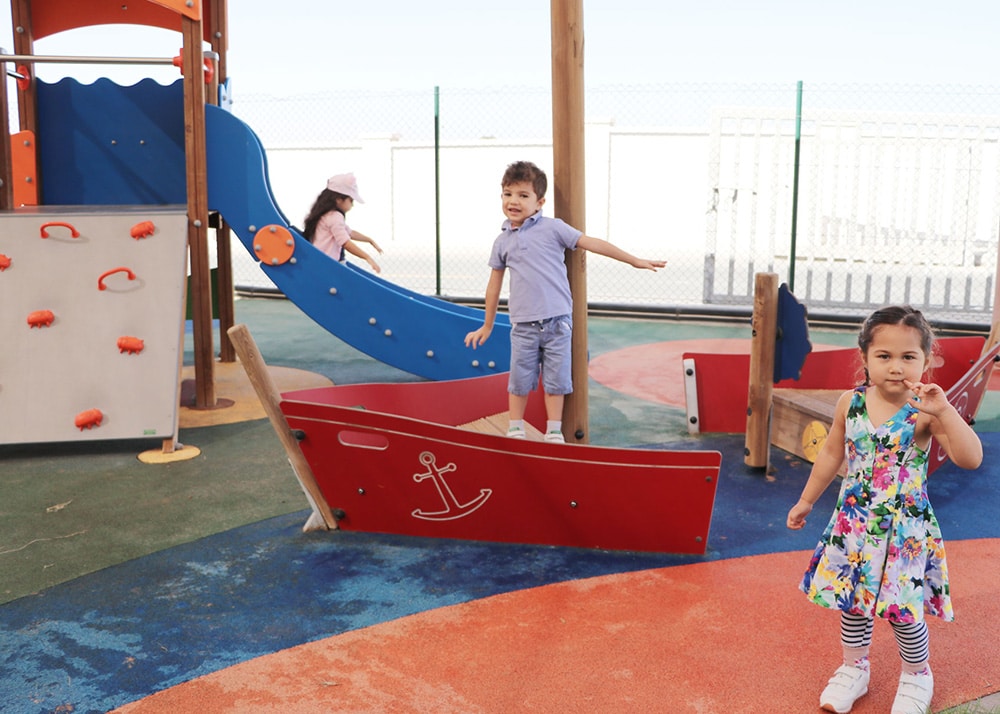
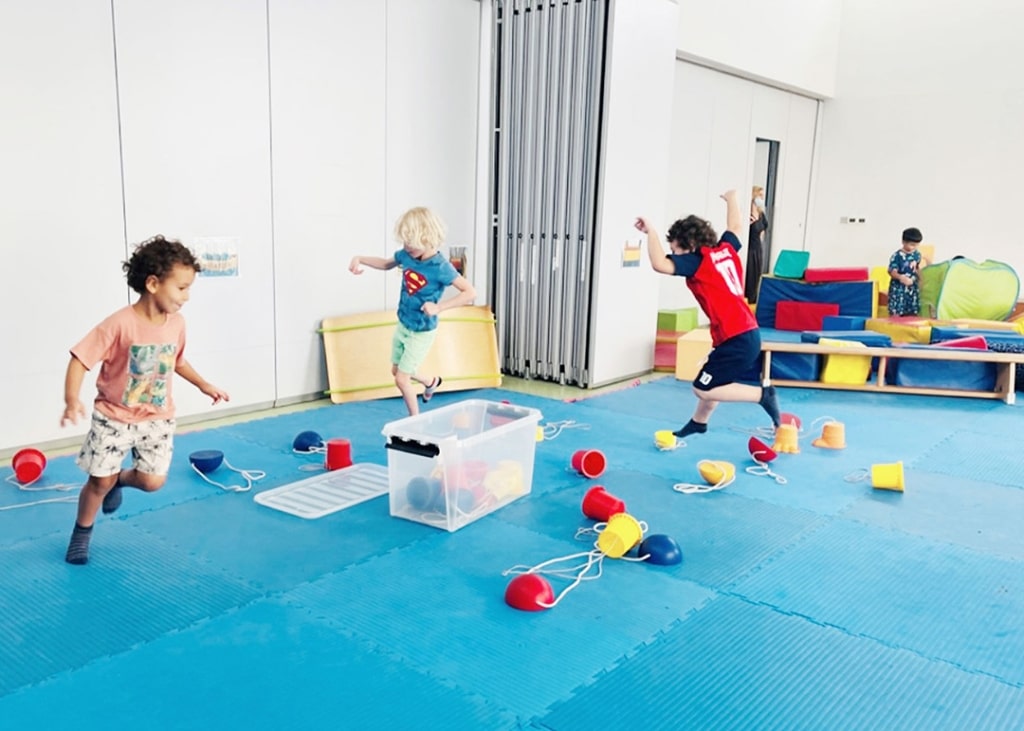
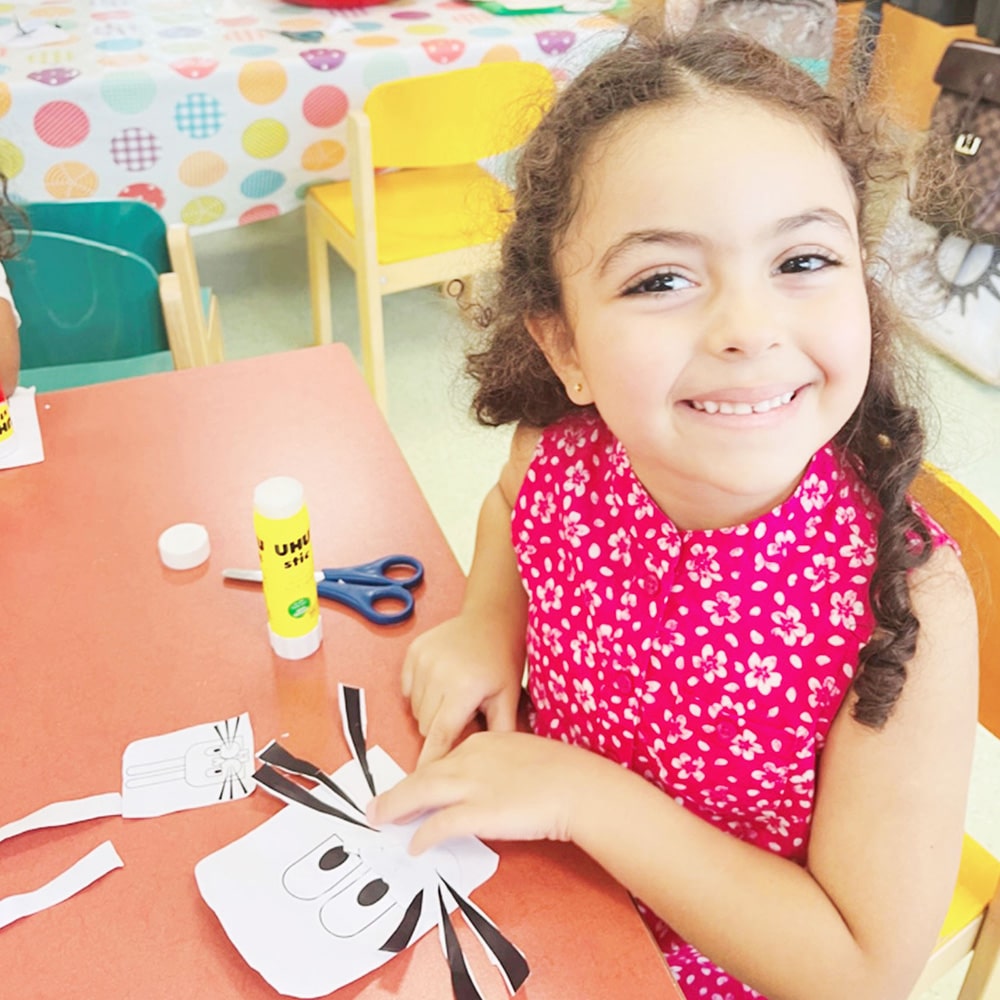
3. natural science and technical education
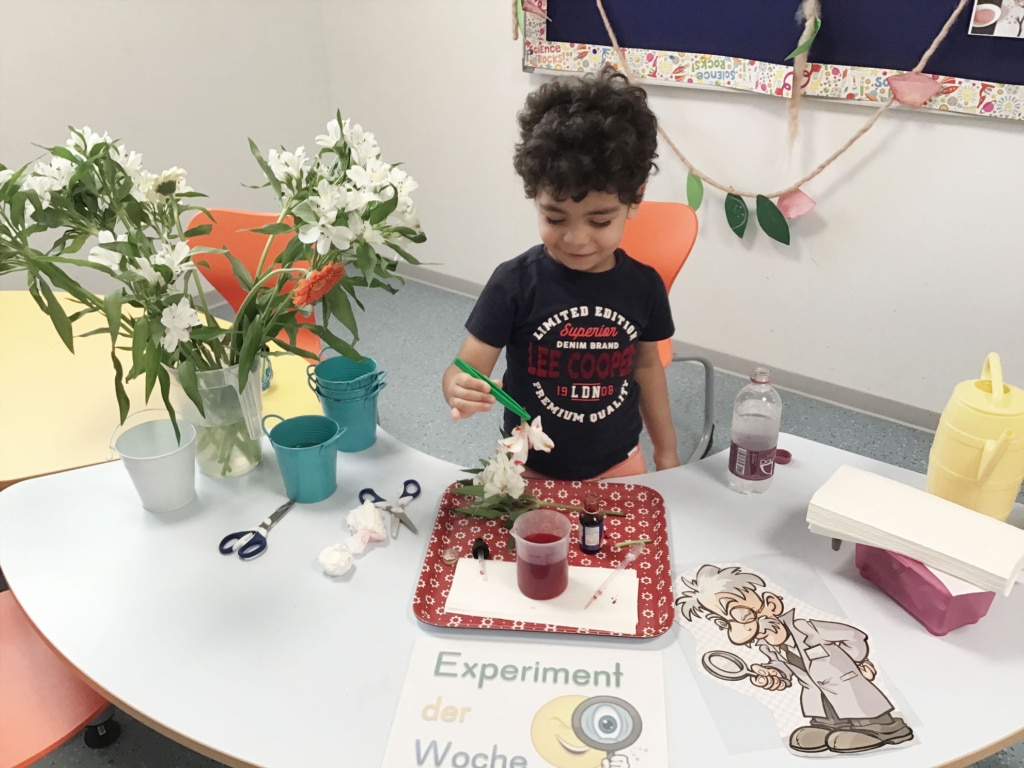
Children actively explore their environment and thus form their picture of the world. Through targeted pedagogical offers and suitable materials, we encourage the child's interest and conduct experiments with the children in the areas of physics, chemistry and biology.
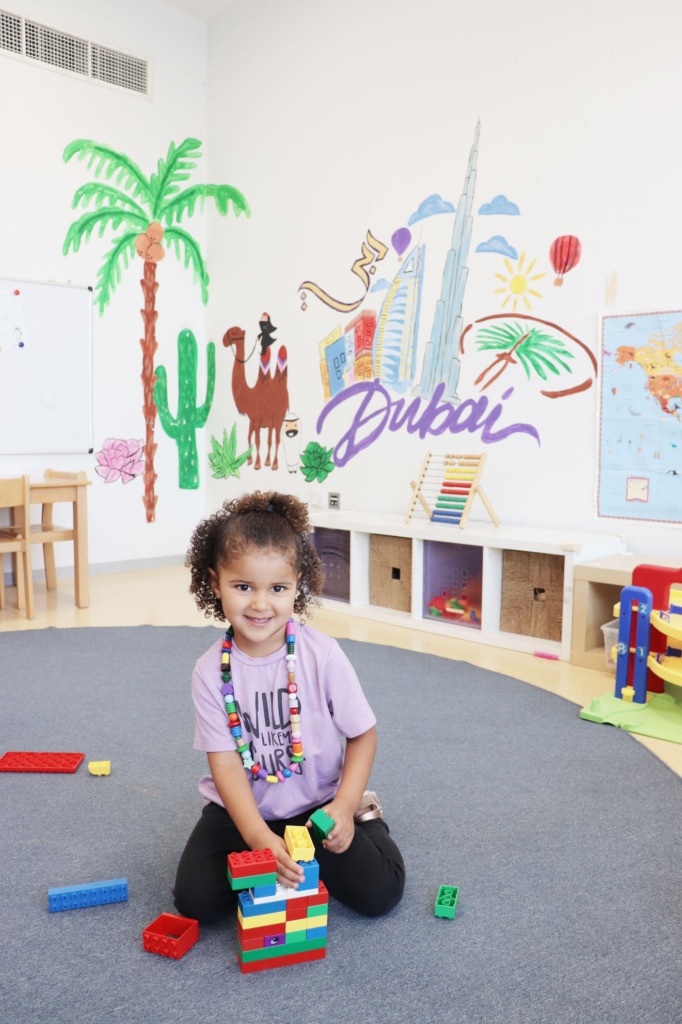
The children can also discover the first static laws for themselves during free play. Reflection on this and further experimentation is supported by Teacher in order to further encourage the spirit of discovery.
4. mathematical education
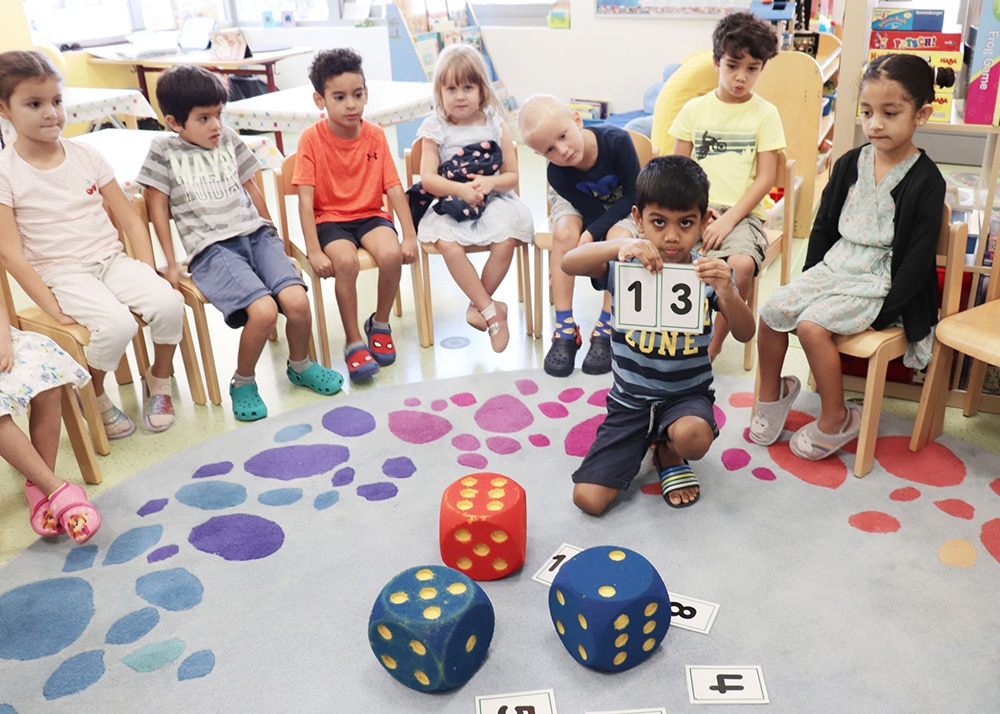
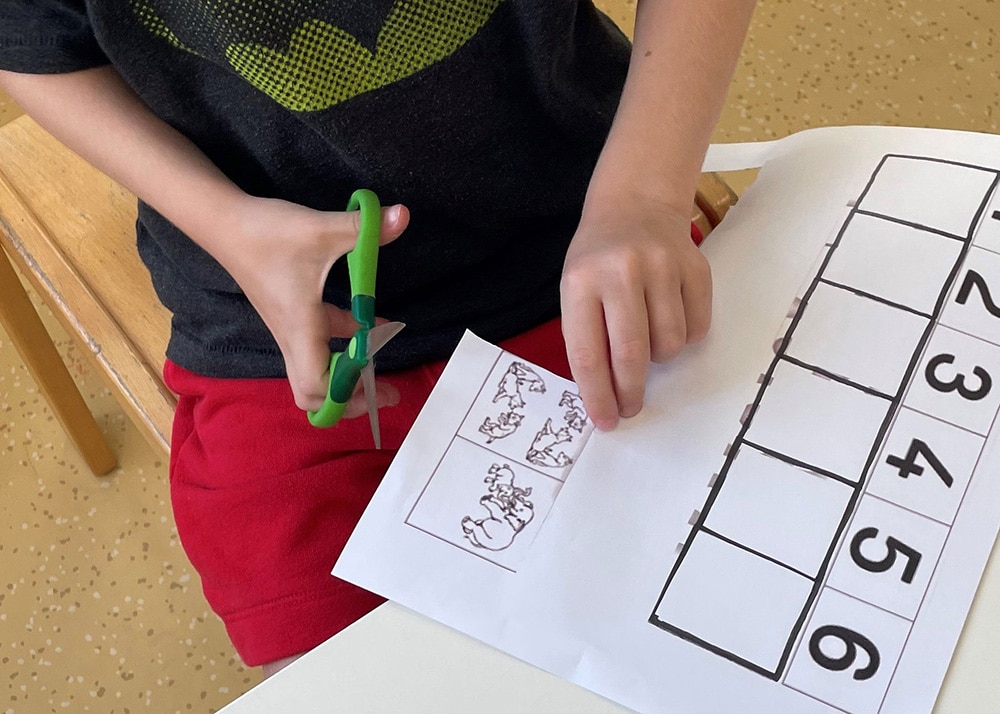
5. musical education
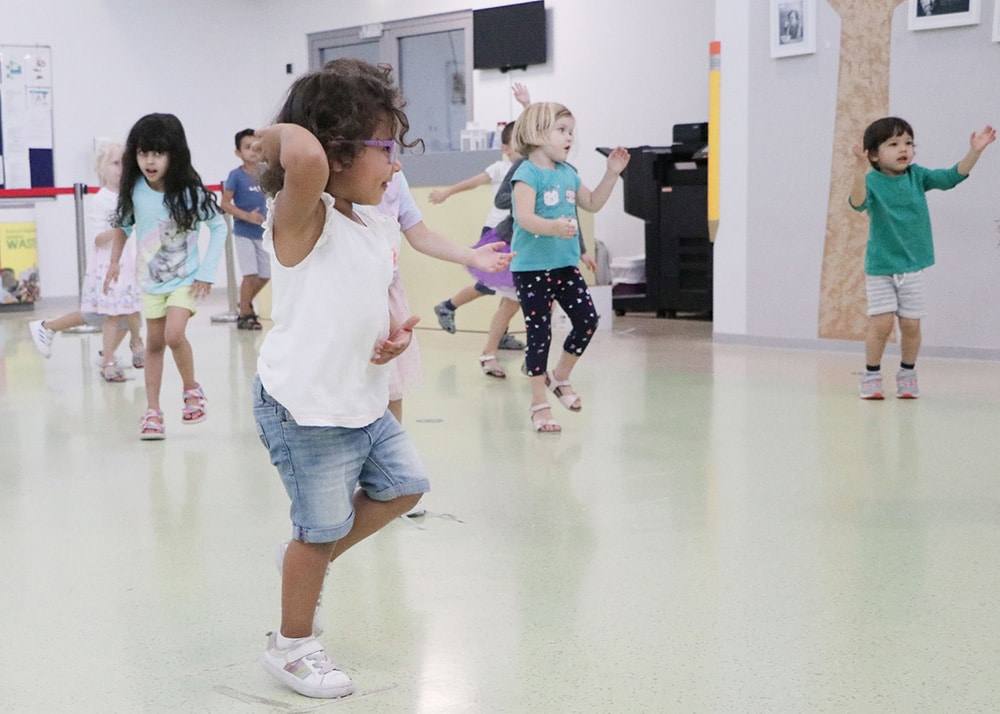
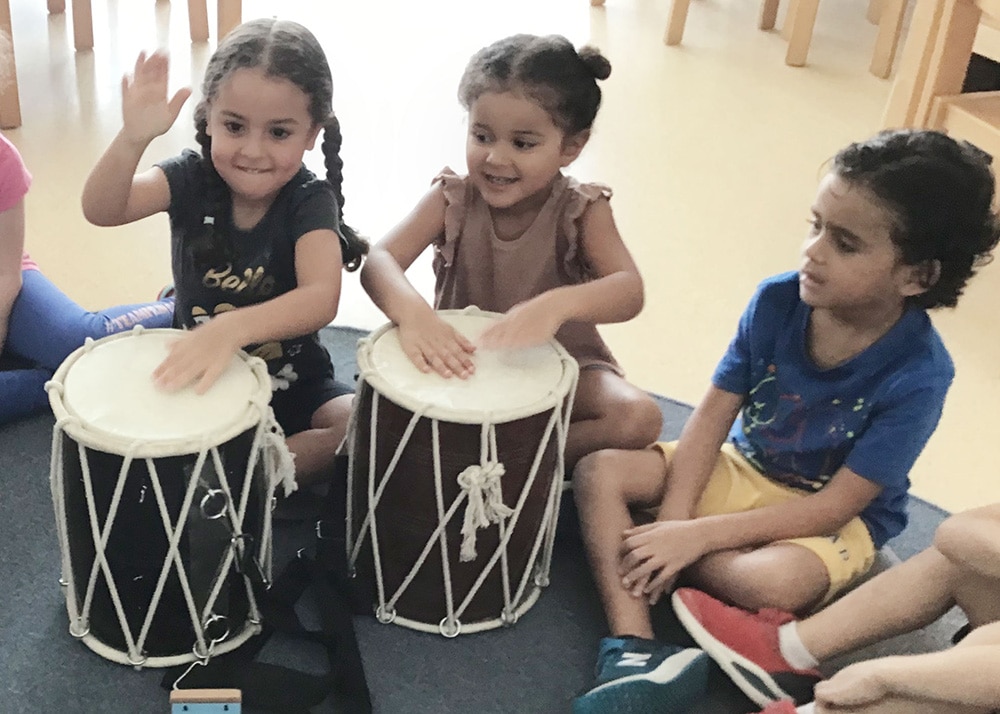
6. artistic education
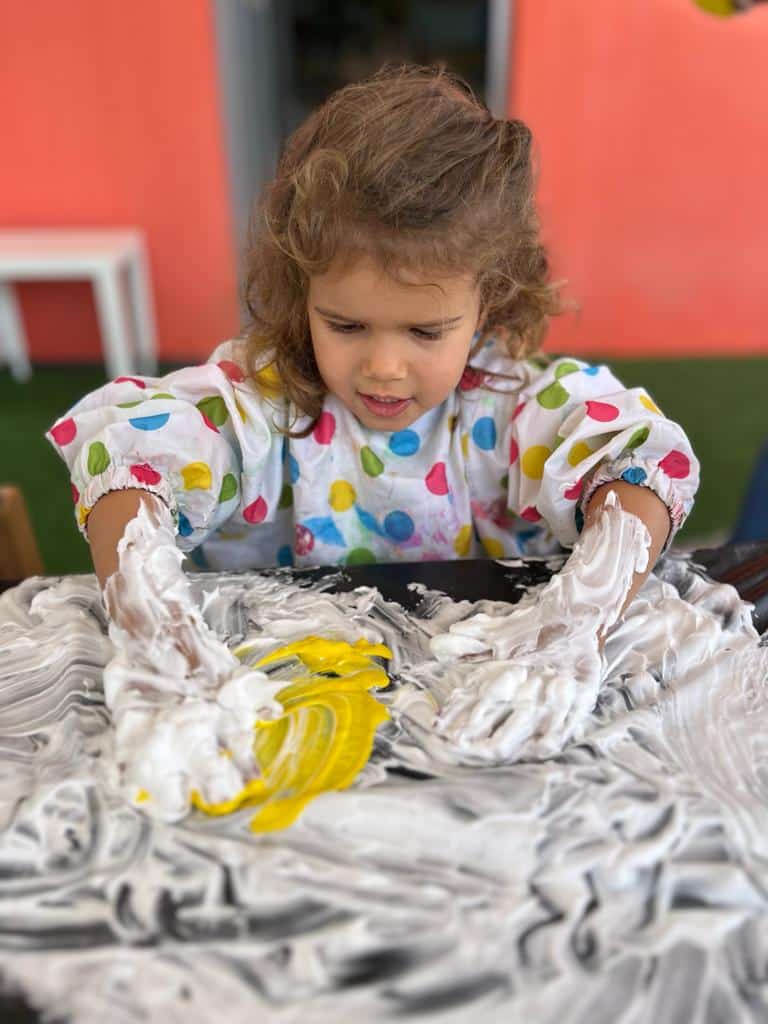
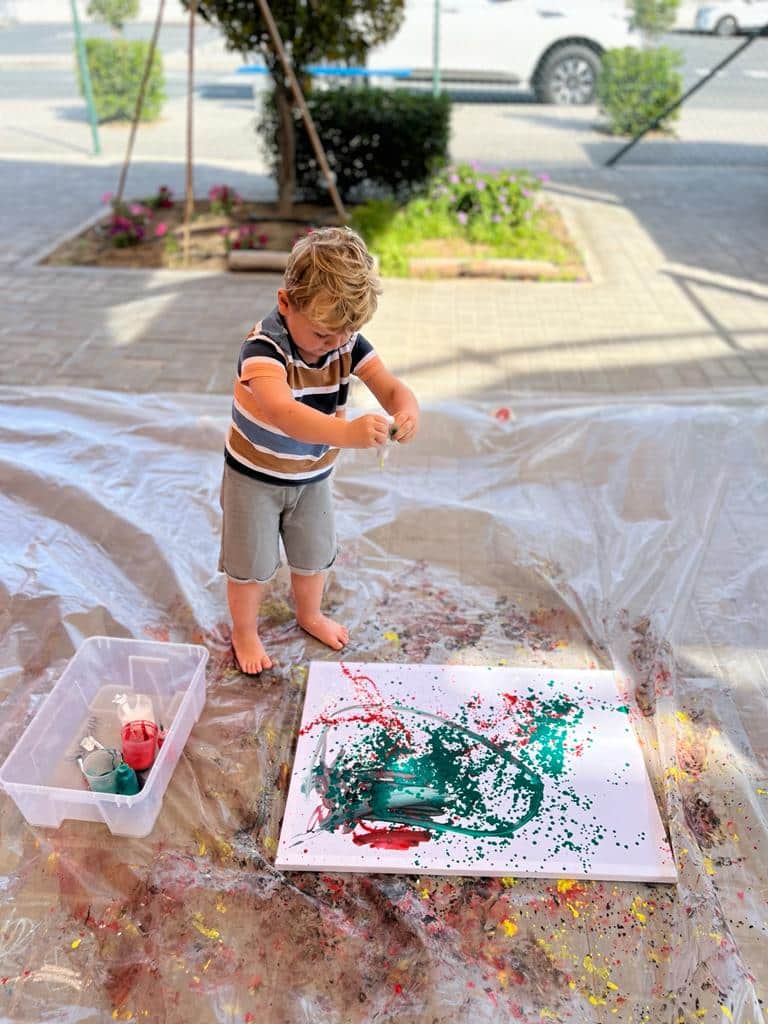
7. socio-cultural, moral and ethical education
Sociality and culture are prerequisites for a child to develop a positive self-image of themselves and the world. The children experience their self-efficacy in the community and that their opinions, feelings and thoughts are heard and accepted by others. The exchange of thoughts and opinions in the group takes on an important role in this area of education and also conveys the basic idea of a democratic society in a playful way.

